7 Essential Digital Skills for 2025 (And How to Get Them)
Stay ahead with 7 essential digital skills for 2025. Learn how to master the key competencies that will drive your career forward in the digital age. Read more to future-proof your skillset!
Table of contents

Stay ahead with 7 essential digital skills for 2025. Learn how to master the key competencies that will drive your career forward in the digital age. Read more to future-proof your skillset!
Imagine working a 9-to-5 job, feeling stuck, or fearing obsolescence. The digital age is reshaping the job market, making digital skills a necessity. Whether you're an office assistant, gig worker, or recently laid off, thriving in this digital-first world can be a game-changer.
The workplace is rapidly changing. Tasks are now automated, and new roles require digital proficiency. Learning to build websites without coding or managing customer relationships digitally can make you indispensable. Embracing digital skills means securing your future and opening new possibilities. Whether avoiding a dead-end job, finding a fulfilling role, or boosting job market confidence, digital skills are your ticket to a brighter, more secure future. Stay tuned as we explore the seven essential digital skills for 2025 and how to get them.
You've heard the buzz about the digital revolution, but what does that mean for you? In 2025, some digital skills are set to be more valuable than ever, and having them in your toolkit can make all the difference.
In this article, we'll explore seven essential digital skills that are not only in demand but also within your reach. Ready to dive in? Let's explore the skills that will help you stand out in 2025 and beyond.
Imagine being able to create a website or an app without writing a single line of code. No-code development is a game-changer, especially for those worried about job obsolescence or feeling stuck in their current roles. By 2025, over 65% of application development will be driven by low-code tools.
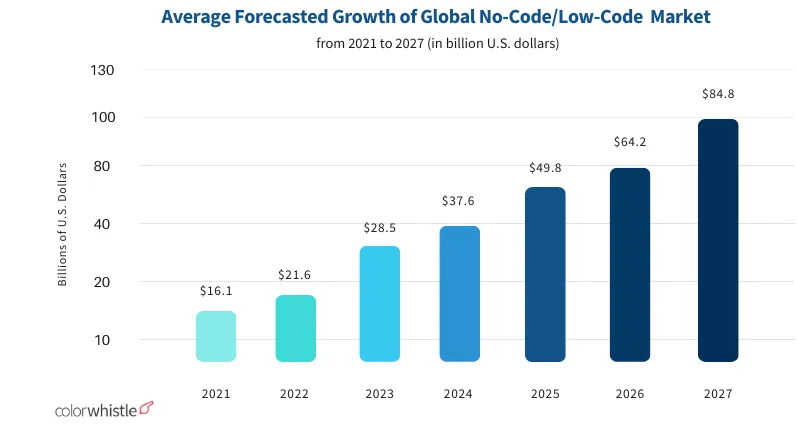
No-code platforms like WordPress or Wix are designed to be so user-friendly that you can build simple websites effortlessly, even without any technical background. This ease of use is crucial, as 80% of non-IT professionals are expected to develop IT products and services by 2025.
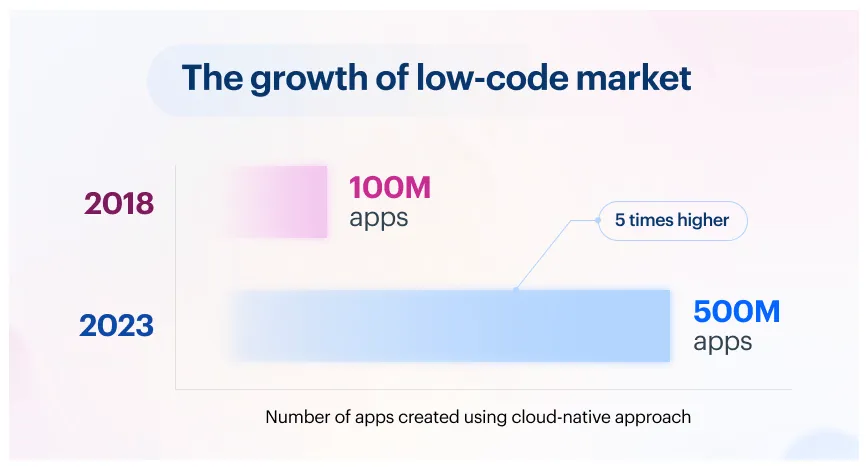
Tools like Glide, Adalo, Bubble, Flutterflow, and GoodBarber are not just tools, they are gateways to innovation and growth. With these tools, turning your ideas into reality is easier than ever, opening up new career possibilities and allowing you to innovate without traditional coding skills. The market for low-code platforms is projected to generate $187 billion by 2030.
Automating workflows has never been easier with tools like Make and Zapier. These platforms help streamline repetitive tasks, saving time and increasing efficiency. No-code and low-code solutions can reduce app development time by 90%, making them a cost-effective choice.

By diving into no-code development, you can secure your future in the digital economy. You'll gain skills that are in high demand, boost your job prospects, and open doors to new, exciting opportunities.
Here is a further read to discover how mastering no-code development can unlock tech opportunities and transform your career. Learn how just this one versatile digital skill can open new doors in the tech industry.
Think about the last time you needed help with a product or service. You probably wanted quick, efficient assistance without the hassle of being put on hold. In today's digital age, customer service is evolving rapidly, and businesses are focusing on providing seamless digital experiences. It's not just about solving problems; it's about creating positive interactions that keep customers coming back.
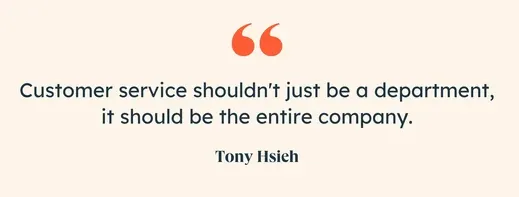
Responding to customer inquiries through email or chat is now a standard practice. A report suggests, that with 77% of customers expecting immediate engagement when they reach out to a company, being able to handle these queries effectively is crucial. This means being quick, efficient, and knowledgeable in your responses.
"There is a significant gap in the pursuit of cohesive and interconnected customer experiences across diverse communication channels. A notable 40% of organizations acknowledge that their channels operate in isolation, lacking visibility into prior interactions across different platforms. Furthermore, the ability to seamlessly transition customers between channels remains a rare achievement, as only 7% of contact centers offering multiple service channels can boast this level of integration."
Report: (Deloitte)
Using Customer Relationship Management (CRM) software like Salesforce, HubSpot, or Zoho can make managing customer interactions much more efficient. These tools help track customer information, manage sales, and support interactions. Knowing how to use these platforms can significantly enhance your ability to provide excellent customer service, especially when 81% of customers expect faster service as technology advances.
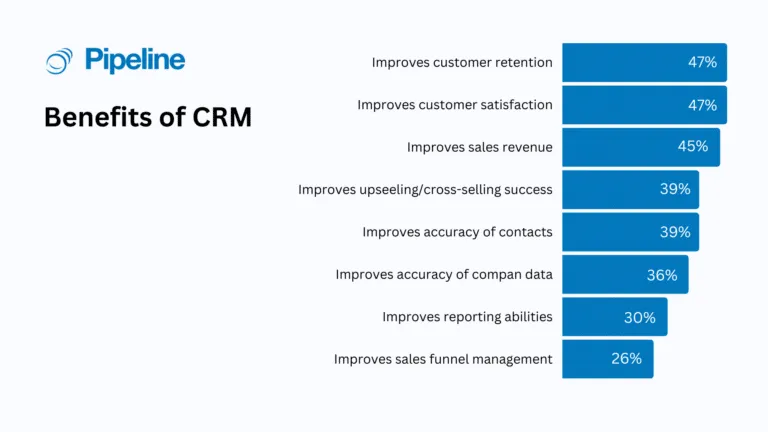
Data entry and management are also key components. Accurately inputting customer information and tracking interactions ensure that all data is up-to-date and can be used to provide personalized service. This is important because 73% of customers expect better personalization in their interactions with businesses.
Imagine you're tired of feeling stuck in your current job. You're dreaming of a career where creativity meets technology. That's where digital design basics come in, offering a new path forward. In today's job market, the ability to create stunning visuals and user-friendly interfaces is invaluable.
Graphic design tools like Canva and Adobe Spark make it easy to create professional-looking visuals. Canva alone has over 170 million users across 190 countries, highlighting its global appeal. These tools are designed to be user-friendly, allowing you to produce eye-catching designs for social media, blogs, and presentations without needing to be a professional designer.
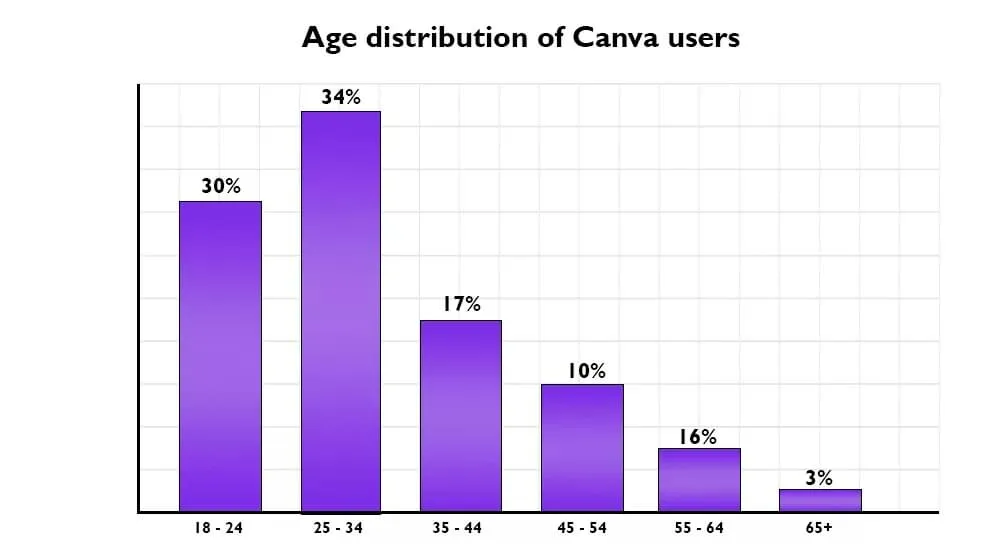
Understanding user experience (UX) basics is equally important. UX design focuses on making websites and apps intuitive and enjoyable to use. As more businesses move online, the demand for UX designers continues to grow. Knowing how to design user-friendly interfaces can make you an attractive candidate for tech jobs.

By gaining these digital design skills, you'll not only enhance your resume but also boost your confidence in the job market. You'll be equipped to tackle new challenges and seize exciting opportunities in the digital economy.
Learn how to leverage your talents, manage your time, and create additional income streams through passion-driven ventures with these tips.
Imagine you’re looking for a way to break into the tech industry but feel overwhelmed by the thought of learning to code. The good news is that you don’t need to become a programming expert to get started. Basic coding skills and the ability to work with Content Management Systems (CMS) can open doors to many opportunities in the digital world.
Understanding HTML and CSS is a great starting point. These are the building blocks of website structure and styling. Knowing the fundamentals of HTML and CSS allows you to create and modify web pages, giving you the power to make changes without relying on someone else. It’s empowering to see your ideas come to life on the screen with just a few lines of code.
Managing websites is another valuable skill. Platforms like WordPress and Joomla are widely used to build and maintain websites. These CMS platforms are user-friendly and don’t require extensive coding knowledge. You can update content, install plugins, and customize the appearance of a site with ease. This skill is especially relevant for those looking to transition from roles that might feel stagnant or are at risk of automation.

Content editing is an essential part of managing a website. Knowing how to edit and publish content online ensures that you can keep a website fresh and engaging. This skill is crucial for anyone involved in digital marketing, blogging, or maintaining a company’s online presence. Being able to handle content directly means you can react quickly to new information and keep your audience informed and interested.
Imagine you're looking to break into the world of online business but feel unsure where to start. E-commerce basics can provide the foundation you need to get going. In today's digital age, understanding how to sell online and manage digital payments is crucial for anyone looking to establish a successful online presence.
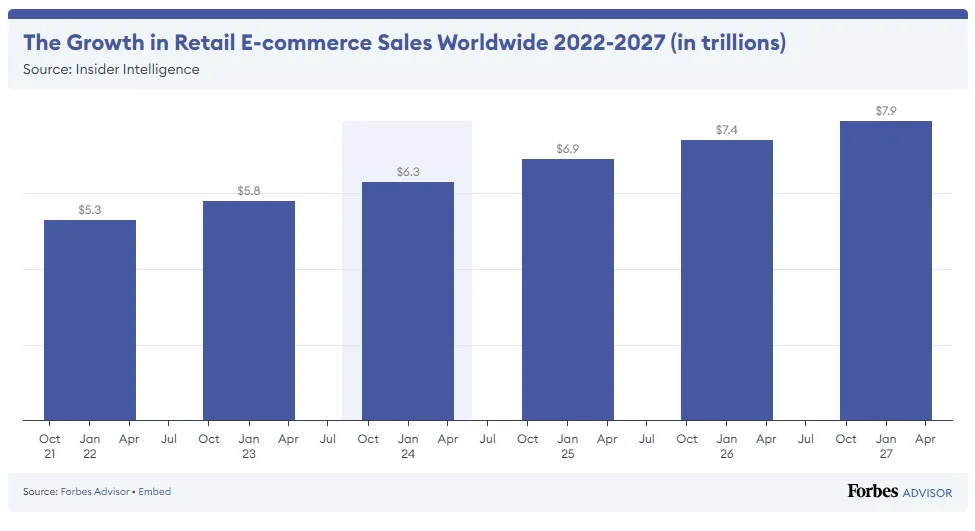
Learning to use online selling platforms like eBay, Etsy, and Amazon is a great place to begin. These platforms are user-friendly and provide a vast marketplace for your products. You can reach a global audience without needing a physical storefront. Knowing how to list products, manage inventory, and handle customer inquiries can turn your entrepreneurial dreams into reality.
Managing digital payments is another essential skill. Platforms like PayPal and Stripe make it easy to process transactions securely. Understanding how to set up and manage these payment methods ensures that your customers have a smooth and trustworthy shopping experience. It's crucial for building customer confidence and increasing sales.

For those feeling stuck in their current roles or fearing job obsolescence, learning e-commerce basics can be a game-changer. It opens up opportunities for financial independence and career growth. Whether you're a bank branch manager dreaming of running your own online store or a gig worker looking for a more stable income, mastering these skills can help you transition smoothly.
Imagine you're juggling multiple tasks and deadlines at work. Basic project management skills can help you bring order to the chaos. These skills are essential for anyone looking to improve efficiency and meet goals on time.

Understanding project lifecycles is a key component. From planning to execution, knowing the steps involved in managing a project from start to finish can make a huge difference. It helps you see the big picture and ensures nothing falls through the cracks.

Using Gantt charts is another valuable skill. These charts allow you to visualize project timelines and tasks, making it easier to track progress and stay on schedule. Tools like Microsoft Project are perfect for creating Gantt charts, giving you a clear view of your project's path.
Learning project management boosts your confidence and prepares you for leadership roles. It's about being proactive, organized, and ready to tackle any challenge that comes your way. Whether you're looking to advance in your career or simply make your workday smoother, project management skills are a must-have.
Picture this: you're managing a warehouse, and things are starting to get chaotic. Understanding supply chain and logistics tools can help you streamline operations and ensure everything runs smoothly. In today's fast-paced world, these skills are crucial for keeping businesses efficient and customers happy.
Inventory management software like QuickBooks and NetSuite is essential. These tools help you track inventory, manage stock levels, and reduce errors. They make it easier to keep tabs on what you have in stock and what needs restocking, saving you time and money.
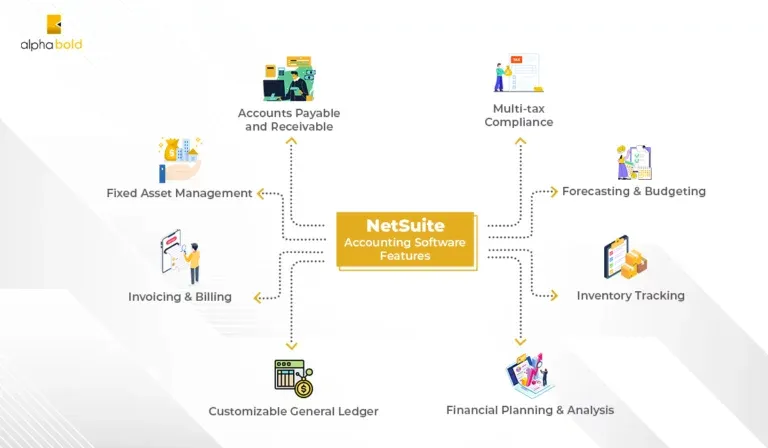
Order processing is another vital component. Digital systems for managing orders and shipments ensure that products move quickly from warehouse to customer. They help you manage order details, track shipments, and handle returns efficiently. This means fewer delays and happier customers.
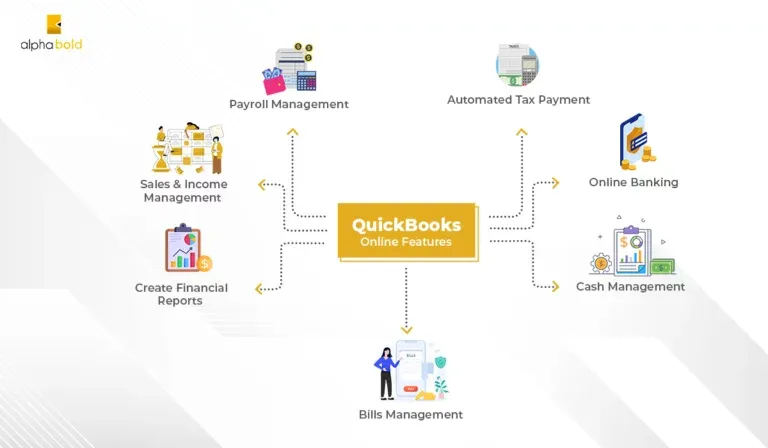
Supply chain and logistics skills are in high demand. Companies are always looking for ways to improve efficiency and reduce costs. By gaining these skills, you become an asset to any organization, ready to tackle challenges and drive success.
Be inspired by these 6 success storsies that highlight the impact of support systems in reskilling programs. Discover how others transformed their careers and how you can too.
Think about the potential of transforming your career with essential digital skills. In today’s job market, acquiring these skills can be the key to unlocking new opportunities and achieving job security. Whether it’s mastering no-code development, digital customer service, design basics, or supply chain tools, these skills are more crucial than ever.
For those feeling trapped in their current roles or fearing job obsolescence, digital skills offer a way out. They empower you to take control of your career and adapt to the rapidly changing digital landscape. Imagine the confidence you'll gain from knowing you can build a website, manage customer interactions, design compelling visuals, or streamline logistics processes.
Don’t let fear hold you back—start your learning journey today with NoCode Institute. Whether you're an office assistant, gig worker, or recently laid-off employee, our programs can lead to more fulfilling and dynamic roles. Equip yourself with the tools needed to thrive in the digital age and watch your career soar to new heights. Visit NoCode Institute Programs to get started.
Looking to re-invent yourself and turn your talent into a career? Stay up to date with the latest.